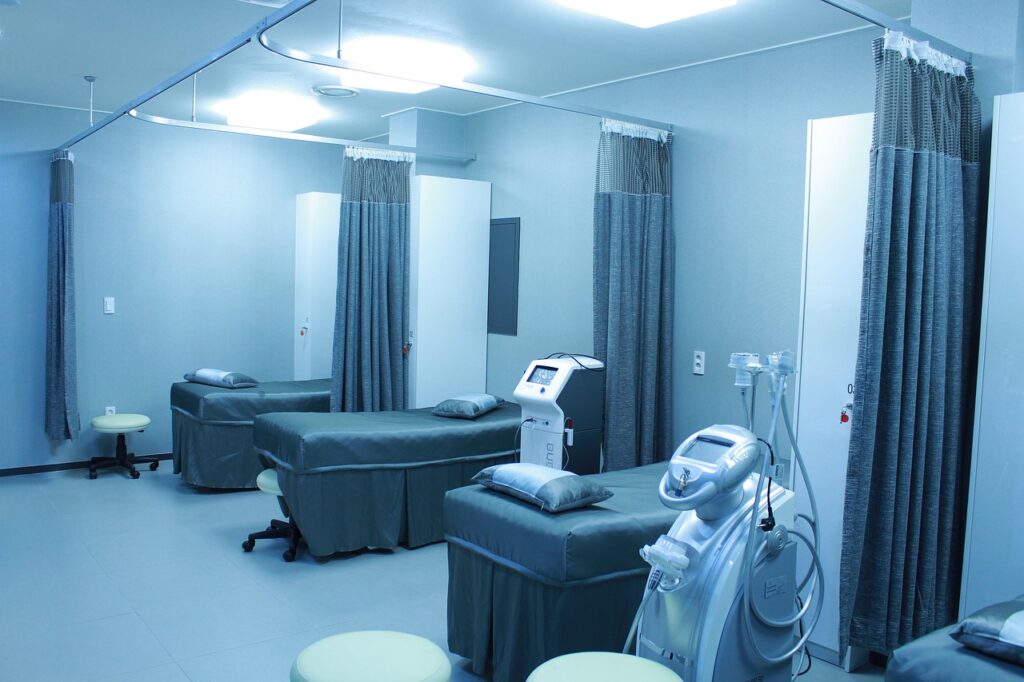A ward, within the context of a hospital or healthcare facility, refers to a specific area or section designated for the care, accommodation, and treatment of patients. Wards are organized sections within a hospital that cater to patients with similar medical conditions or needs.Wards serve as essential units within hospitals to accommodate and provide care to patients requiring varying levels of medical attention and treatment. They offer a controlled and supportive environment where healthcare professionals can monitor, treat, and facilitate patient recovery, while ensuring their comfort and safety during their hospital stay.
Types of Wards:
- Medical Wards: Cater to patients with various medical conditions such as respiratory illnesses, infections, cardiovascular diseases, and more.
- Surgical Wards: For patients who have undergone surgical procedures and need post-operative care, monitoring, and recovery.
- Pediatric Wards: Specifically designed to provide care to infants, children, and adolescents, often in a child-friendly environment.
- Maternity Wards: For expectant mothers before, during, and after childbirth, providing obstetric care and postpartum support.
- Intensive Care Units (ICUs): While technically not a traditional ward, ICUs are highly specialized units that provide intensive care for critically ill patients requiring close monitoring and specialized treatment.
Key Characteristics of a Ward:
- Patient Care: Wards accommodate patients who require medical attention, observation, treatment, or recovery but do not necessarily need the level of care provided in an intensive care unit (ICU) or operation theatre.
- Categorization: Wards are often categorized based on medical specialties, age groups (e.g., pediatric ward for children), or the type of care provided (e.g., surgical ward, medical ward, maternity ward).
- Accommodations: They consist of multiple patient rooms or bed bays equipped with beds, medical equipment, and facilities necessary for patient care and comfort.
- Nursing Stations: Each ward typically has nursing stations or stations where healthcare professionals, including nurses and other support staff, monitor patients, administer medications, and coordinate care.
- Healthcare Team: Wards are staffed by a multidisciplinary healthcare team that may include physicians, nurses, healthcare assistants, specialists, therapists, and other medical professionals who work together to provide care to patients.


